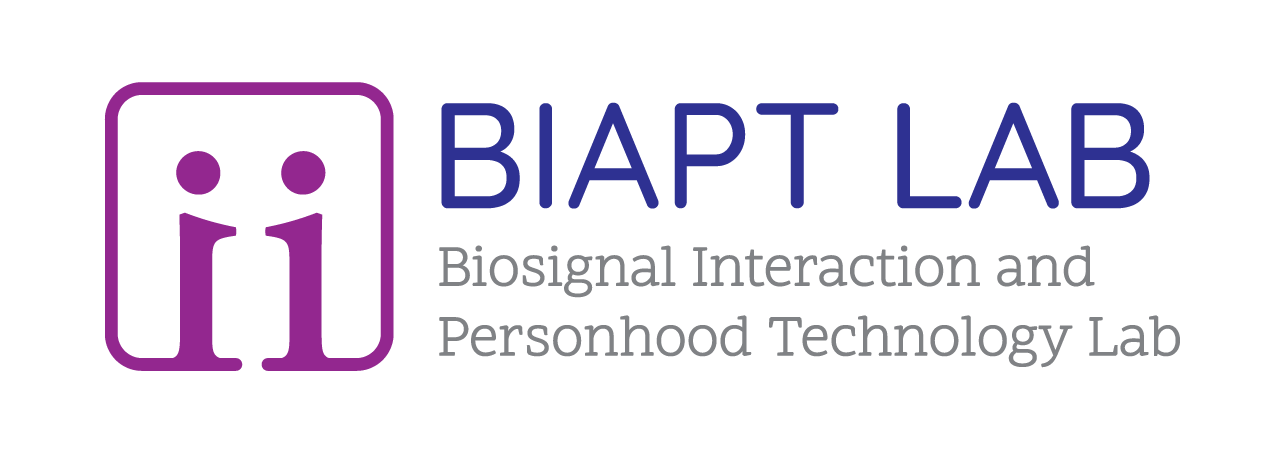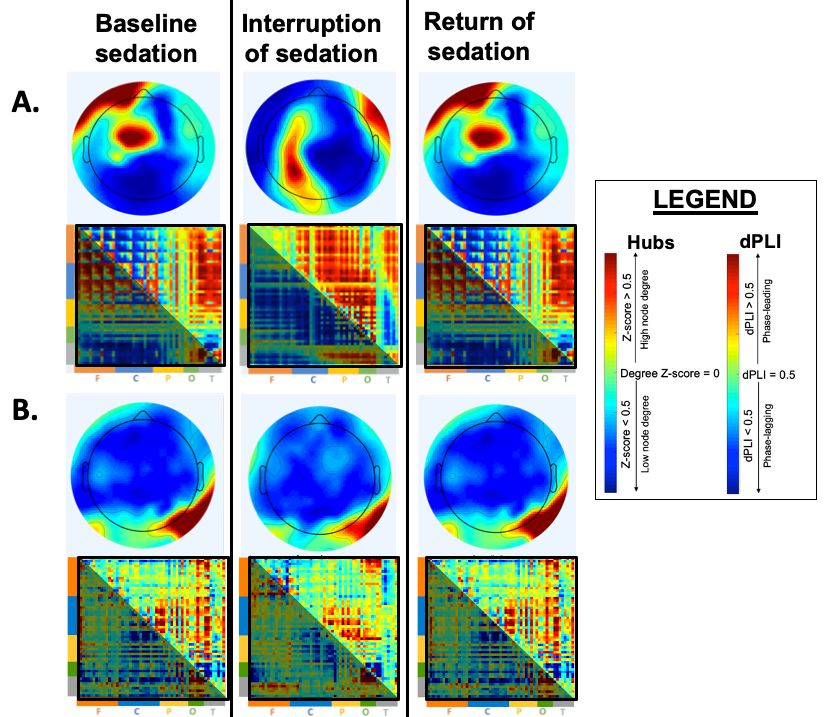Individuals who have suffered a severe brain injury typically need an extensive stay in an intensive care unit (ICU) in order to survive. In the ICU, critical treatment decisions are made in order to maximize the likelihood of recovering consciousness and cognitive function. However, these treatment decisions are difficult to make when the neurological assessment of the patient is limited by unreliable behavioural responses. Currently, reliable and objective markers of the capacity to recover consciousness do not exist. Furthermore, there does not exist a clinically feasible method of tracking cognitive recovery in those who do survive the ICU, which contributes to a lack of data to generate good models for outcome prediction. The goal of the NET-ICU project is to develop and validate a point-of-care system that can accurately predict the outcomes of coma patients in the ICU. This project is funded through Healthy Brains for Healthy Lives through a McGill-Western Collaboration Grant. Our partner at the University of Western Ontario is The Owen Lab.
Main Study
The main NET-ICU study is currently actively recruiting brain-injured individuals who are continuously sedated in ICUs across the provinces of Ontario and Quebec. Soon after patients are admitted to the ICU, we record high-density electroencephalography (hdEEG) before, during and after a brief interruption of pharmacological sedation. These interruptions are routinely conducted as part of standard-of-care for neurological assessment; our research team works closely with the clinical team to coordinate our study with the regular assessments. We track the cognitive function of patients who recover consciousness using a web-based series of neurocognitive tests — Cambridge Brain Sciences (CBS). Study participants will routinely track their cognitive status using CBS as they undergo rehabilitation and continue to recover from their brain injury.
The full study protocol for ICU participants is available here.The BIAPT team members are Allison Frantz, Charlotte Maschke, Catherine Duclos, Miriam Han and Natalia Incio Serra. If you know an individual in a coma who may be a candidate for this study, please contact us directly.
Control Study
The NET-ICU study is also conducting a control study with non-brain-injured participants to track the trajectory of their cognitive scores using the Cambridge Brain Sciences battery. Over 200 healthy participants have completed the CBS battery 17 times within three months. We are currently analysing this data to characterize the learning effects of the battery repetition, mimicking the time intervals at which our brain-injured participants will be completing the CBS. Results from this control study will be used to distinguish the effects of learning from the effects of brain healing in the main study.
The control study is being led by Allison Frantz and Natalia Incio Serra.
Review of Cognitive Outcomes of Coma Survivors
Currently, there is no systematic method for tracking the cognitive outcomes of patients who survive the intensive care unit (ICU), though cognitive difficulties can persist from weeks to months. We are currently conducting a review of all documented cognitive tests that have been used to assess ICU survivors. By cataloging the type of cognitive function that the tests assess and the timing of their administration, we aim to characterize the current state of research and practice in order to support future improvements.

